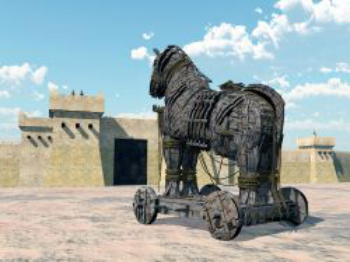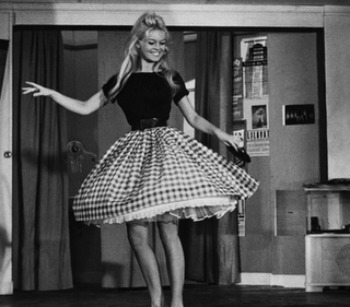The call Porto Liberal Revolution it was a civil and military revolt that had its epicenter in the city of Porto, in Portugal, on the day August 24, 1820. As its name indicates, this revolution had a liberal bias, that is, it was oriented according to the principles of liberalismpolitical, that opposed the traditionabsolutist which was still in force at the time in the Iberian countries (Portugal and Spain). In order to understand the impact that this revolution had on the history of Portugal (and also of Brazil), we need to stick to its context.
In order to understand the Porto Revolution and the goals it aimed for, it is necessary to know that, with the rise of NapoleonBonaparte to power, in 1799, and his subsequent consecration as emperor, in 1804, several wars for the conquest of territory were unleashed by the French army. Portugal, which did not align itself with Napoleon's policy, was one of the nations directly affected by such wars. Portuguese territory was invaded for the first time by the French army in 1807, which provoked coming of the Portuguese Royal Family to Brazil.
The main political, economic and, above all, military ally of Portugal at that time was England. It was English ships that escorted the family of D. João VI in the Atlantic Ocean and it was the British army that went to war against the French, in 1808, on Portuguese soil, due to the occupation carried out by the latter. Between 1807 and 1811, Portugal suffered three French invasions, facts that always generated new social tension and new armed conflicts. This exhausting situation began to affect the Portuguese civil and military social fabric, given that, in the midst of all the problems faced, the prince regent (D. João VI) was not found on homeland.
In 1815, Napoleon was arrested and exiled to the island of St. Helena. The French threat is over and the course of European policy has changed again. Many aristocrats wanted the re-establishment of the Absolutist Ancien Regime, as it was in force before the RevolutionFrench of 1789. Among the Portuguese, the situation was even more complicated, given that the country in that period came under the tutelage of an Englishman named William Beresford, with the consent of Prince Regent D. John VI.
In 1817, a general called Gomes Freire de Andrade he tried to organize a conspiracy of a liberal hue, but had no success. This event, however, was a harbinger of what was to come. The fact is that this general was executed at the behest of Beresfod in the Fort of St. Julião da Barra, which generated a deep indignation among the Portuguese. The following year, a conspiracy secret society was created under the name of Sanhedrin and was led by Manuel Fernandes Tomás. It was this secret society that managed the Revolution of 1820, that is, carefully prepared it over two years.
On August 24, 1820, at dawn, the members of the “Sinhedrio”, among them many soldiers, marched on the city of Porto in order to demonstrate their willingness to carry out a revolution of great proportions, given that the group had massive support from the population. In its general exposition, the Provisional Board of the Supreme Government of the Kingdom, the name adopted by the movement's leaders, declared itself as the official provisional government of Portugal and demanded a main action: the return of D. João VI to Portugal and summoning of the General Cortes so that a Constitution was drawn up for the country. This Constitution should have great influences from liberal thought.
The fact is that the Porto Revolution did not have a character of radical transformation of power structures in Portugal, as had occurred in France in 1789, but a reforming character. What the revolutionaries wanted was a Constitutional Monarchy. D. João VI accepted the request of the revolutionaries and returned to Portugal in 1821. This event was decisive for the history of Brazil as well, since it determined the permanence of the son of D. John VI, D. Peter, which made our country independent a year after the beginning of the Cortes meeting.
By Me. Cláudio Fernandes


